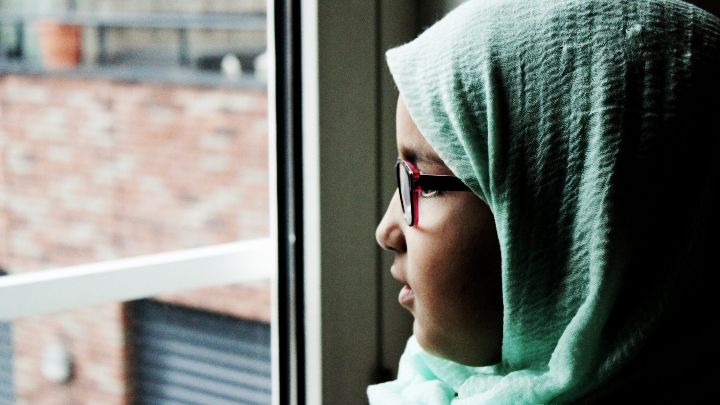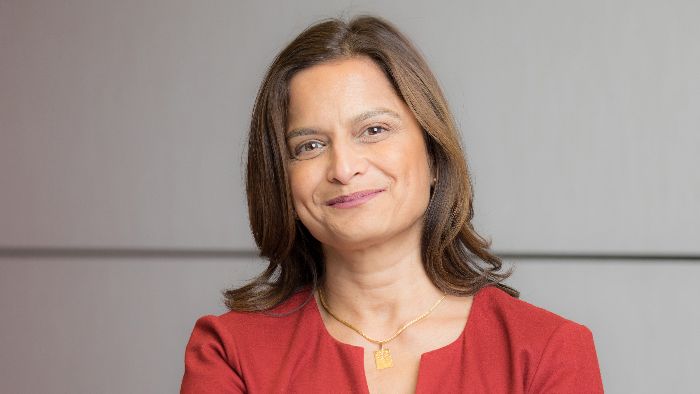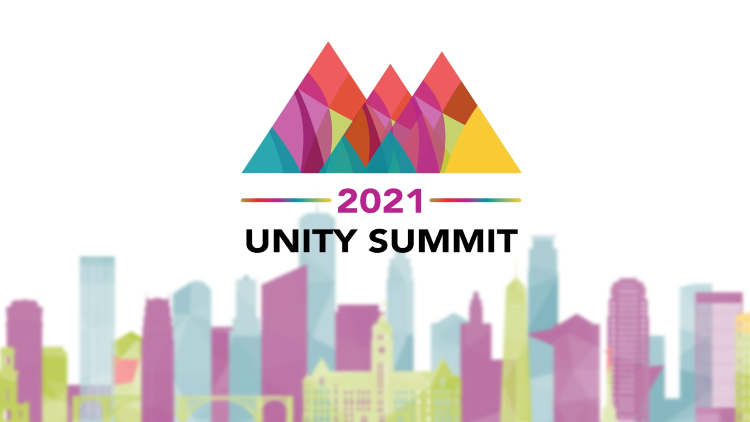Connecting Philanthropy with the Frontlines of Social Justice
It’s amazing to think that we are nine months into yet another “year without end,” while appreciating the daunting reality that 2022 is rapidly approaching. We continue to live in a dangerous and precarious period in history. Just as the nation seems unable to rid itself of COVID, so too do we seem incapable of tackling the most significant moral, social and political dilemmas of the day. Time is truly running out.
In these difficult times, the need to refocus and recommit to the many ways in which we can all affect positive change is paramount. At Proteus Fund, we recognized these times called for a reimagining of our organization for the future, including greater clarity around our theory of change, our role in movements, and our strategies to help advance social justice. The result is Proteus Fund’s new strategic plan, which went into effect at the start of the year. Our model is built on an integrated theory of change which we rely on to carefully select and manage our donor collaboratives and fiscally sponsored projects. And, in doing this critical work, we deploy a creative array of strategies and tactics that further the goals of our funders while also advancing Proteus Fund’s vision of racial, gender, queer, and disability justice within a representative democracy.
While most visible in our rapidly expanding and evolving work, there are other elements to this reimagining of Proteus Fund as well. You may notice that, starting with this newsletter and our newly launched website, Proteus Fund has a new look and feel that embodies the vitality of our team and the urgency and boldness of the social justice movements we are part of. Our new logo, a brightly colored spark, is intended to represent how we fully embrace our catalytic role in expanding the definition of and transforming social justice philanthropy for the better.
An essential part of that role is serving as a proactive organizer, advocate, and connector in mobilizing funders and other philanthropic partners to resource movements in respectful, creative, and meaningful ways. One example of this is our recent call to action and the work we are doing around it focused on creating and sustaining significantly more support of Black, African, Arab, Middle Eastern, Muslim, and South Asian (BAMEMSA) leaders, organizations, and communities including their role in the positive change we seek. Similarly, led by our vision of justice, equity, and an inclusive and representative democracy, we have recently pledged to taking substantive action – in both our work and operations – to become a partner in the disability justice movement, addressing the needs and advancing the interests of the millions of Americans living with disabilities, especially those living at the intersection of racial, gender, and queer justice.
I invite funders and other philanthropic organizations and networks to learn more about these important efforts in this newsletter and consider ways you might engage in them in partnership with us.
— Paul



